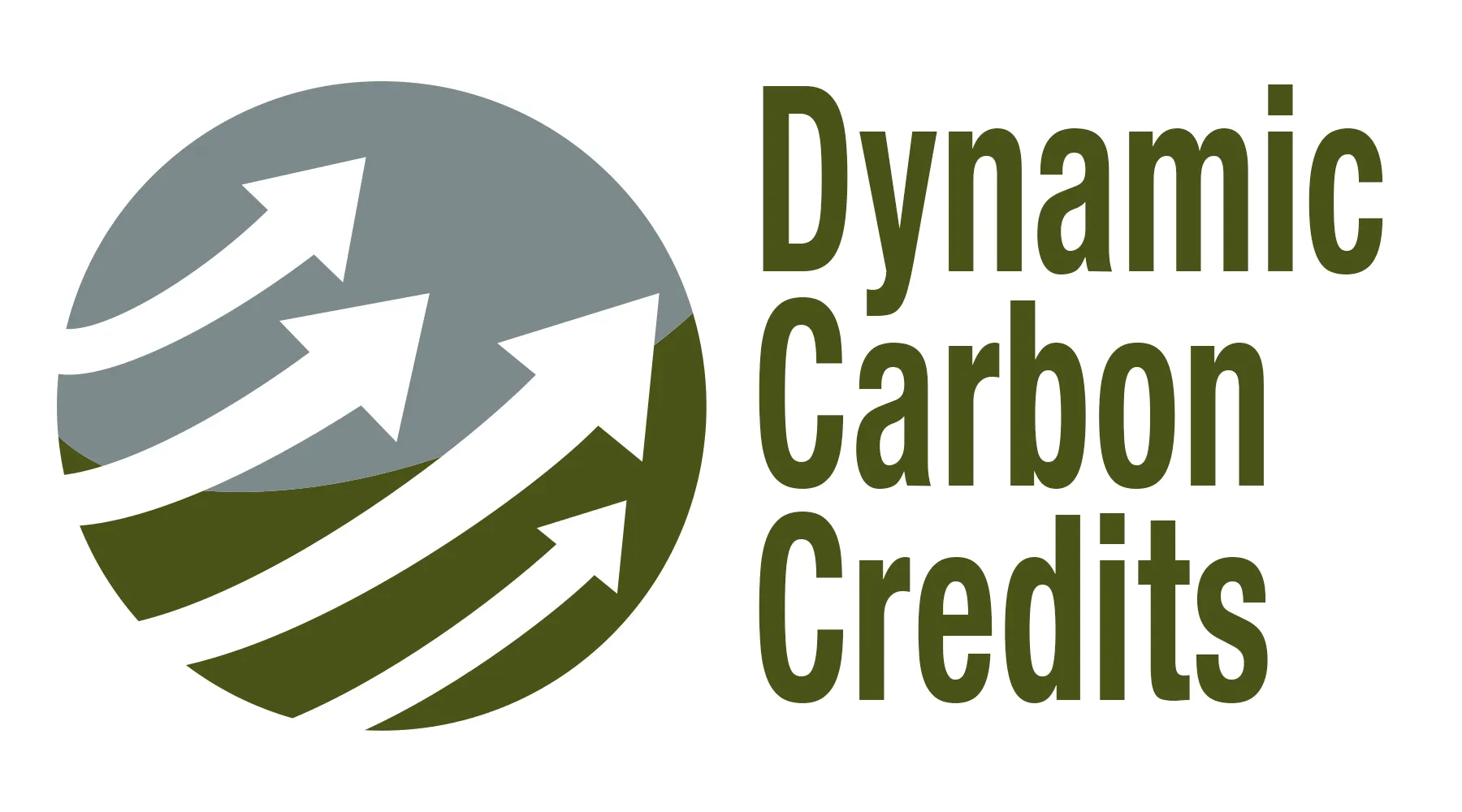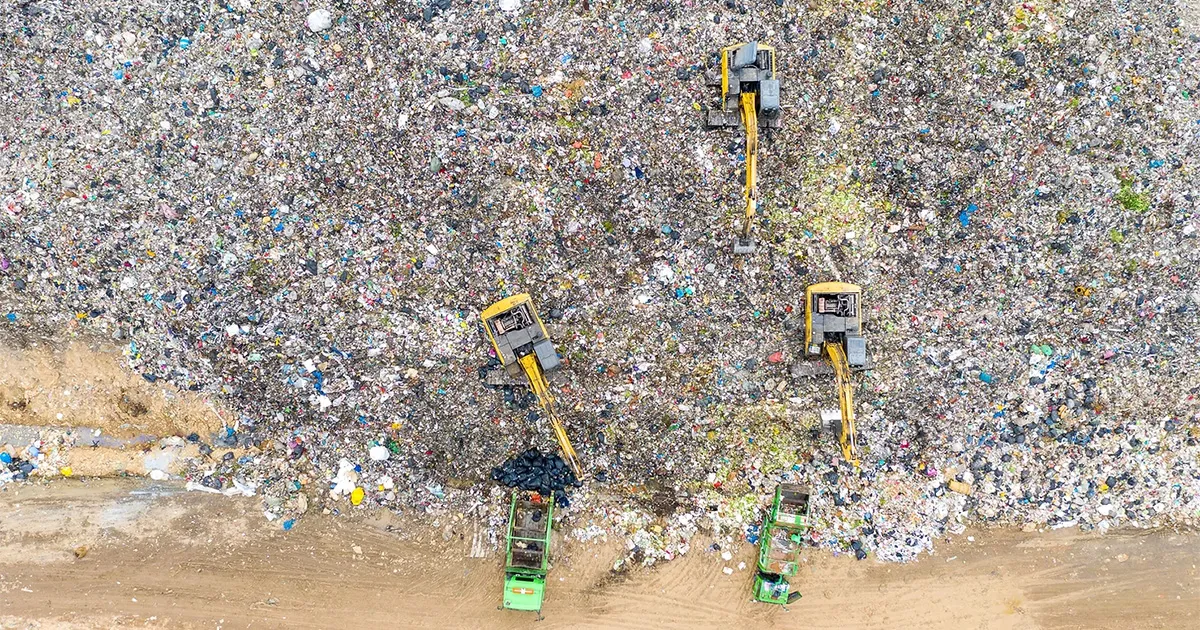Landfills are sites where waste is disposed of by burying it in the ground. This waste can be organic or inorganic, and it can include a wide range of materials, such as food scraps, paper, plastics, and construction debris.
Landfills are significant emitters of greenhouse gases, particularly methane, which is produced as organic materials decompose. Methane is a potent greenhouse gas that contributes to global warming and climate change.

One way to mitigate the impact of landfills on the environment is to capture the methane emissions and use them as a source of renewable energy. This process is called landfill gas (LFG) recovery, and it involves extracting methane from the landfill and converting it into electricity or heat.
Carbon credits are a financial instrument that allows companies to offset their greenhouse gas emissions by investing in projects that reduce or remove carbon dioxide from the atmosphere. Carbon credits are created by organizations that reduce their greenhouse gas emissions or remove carbon dioxide from the atmosphere and then sell these credits to companies that need to offset their emissions.
Landfill gas recovery projects can generate carbon credits because they reduce methane emissions, which are a potent greenhouse gas. Companies can buy these credits to offset their own emissions and meet their climate targets.
The 45Q tax credit is a financial incentive for companies that capture and store carbon dioxide. The credit is designed to encourage investment in carbon capture, utilization, and storage (CCUS) technologies, which can help reduce greenhouse gas emissions.
The 45Q tax credit provides a financial incentive for companies to capture and store carbon dioxide. It offers a tax credit of up to $50 per metric ton of carbon dioxide that is captured and stored permanently underground. This credit can be used to offset a company's tax liability, making it more financially attractive to invest in CCUS technologies.
Landfill gas recovery projects can generate carbon credits, which companies can buy to offset their greenhouse gas emissions. Additionally, the 45Q tax credit provides a financial incentive for companies to invest in CCUS technologies, including those that capture and store carbon dioxide from landfills.
As a leader in effective and reliable solutions for reducing carbon emissions, Dynamic Carbon Credit offers clients the ability to purchase validated carbon credits. Our experts and scientists work with Fortune 500, large and medium businesses in reducing their carbon footprint and contribute to a better future for our plant.
Let's Work Together!
Dynamic Carbon Credits is ready to show you how to solve your most pressing business challenges. Contact us today and begin seeing the results.

